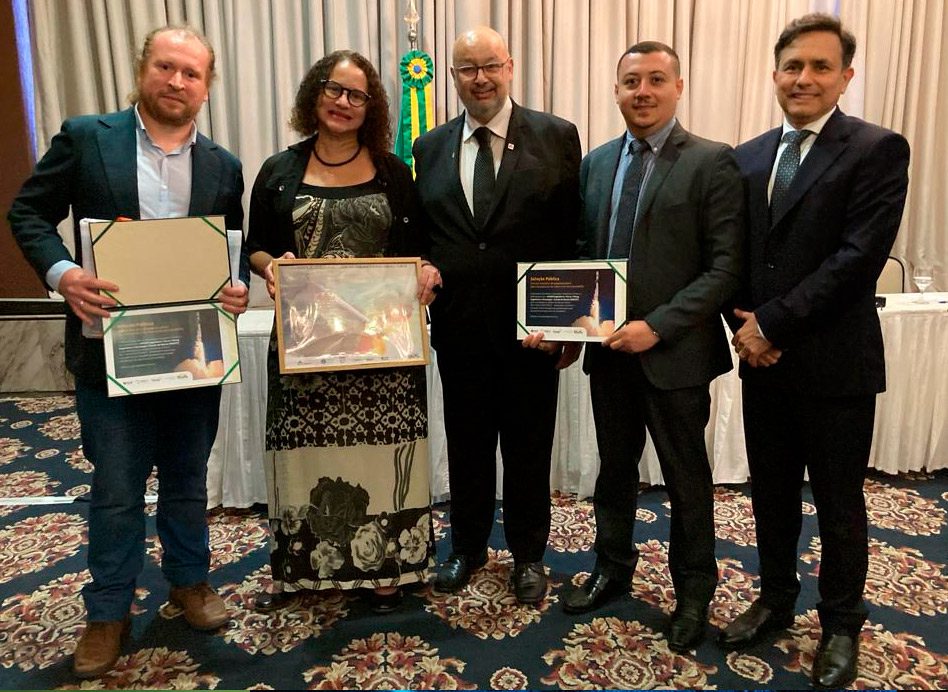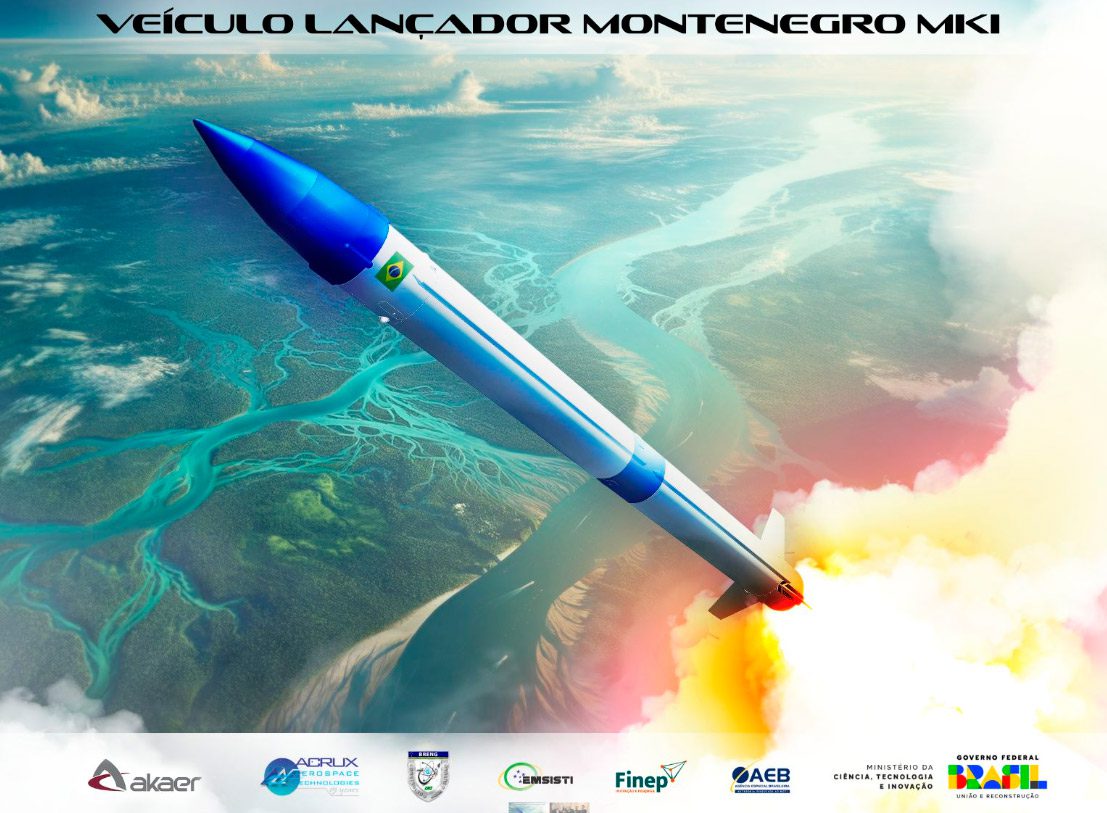Akaer has signed a contract with FINEP (a public development company linked to the Brazilian federal government) to develop a small launch vehicle capable of taking nano and microsatellites into space.
The project will receive an investment of R$185 million over the next three years – it is one of the largest economic subsidy contracts for innovation ever signed in the country.
The construction of the launch vehicle represents a huge leap forward for Brazil, ensuring greater autonomy of access to space. Currently, only 13 countries have mastered this technology.
“Leading a project of such importance for the country’s future is a great honor for CAA, which has innovation in its DNA,” said the company’s CEO, Cesar Silva.
The contract was announced on Wednesday (13) during a ceremony in Brasilia, attended by the Minister of Science, Technology and Innovation, Luciana Santos, and the president of FINEP, Celso Pansera, among other authorities.
History
Headquartered in São José dos Campos (SP), Akaer has a solid track record of 31 years dedicated to the development of cutting-edge technologies for the Aerospace and Defense sectors, establishing businesses in more than 20 countries.
The company has a long history of cooperation with the Brazilian Space Program.
It has participated in all the satellite projects in the CBERS family (in partnership with China), AMAZONIA 1 and led the technology transfer of the SGDC (Geostationary Defense and Strategic Communications Satellite), produced by Thales Alenia Space (France) for the Brazilian government.
Recently, Akaer worked on the VCUB1 project, the first 100% Brazilian high-performance nano-satellite, in partnership with Visiona.
Its track record also includes the production of components for AQUA, led by NASA.
The new launch vehicle
The project for the new launch vehicle was selected in a public call by the MCTI. The ministry assessed, among other things, the degree of innovation of each proposal submitted and its medium- and long-term impact (including the potential for job creation and the capacity for internationalization). The experience and technical and operational capacity of the competitors were also analyzed.
The prototype of the future vehicle is expected to have the capacity to carry at least five kilos of payload into equatorial orbit, with launch operations being carried out from Brazilian territory.
“Nanosatellites and microsatellites had a turnover of US$ 2.8 billion in 2022, and this market is expected to reach US$ 6.7 billion by 2027. In addition to the scientific gains and possible applications in various areas, the project supported by FINEP places Brazil in a very promising market,” said CEO CAA Silva.
Akaer’s proposal was one of the winners of the public selection and has Acrux, Breng Engenharia and EMSYST as co-executors.

The project will be funded by the National Fund for Scientific and Technological Development (FNDCT), under the supervision of FINEP and AEB.
*** Translated with by DEFCONPress FYI Team ***
